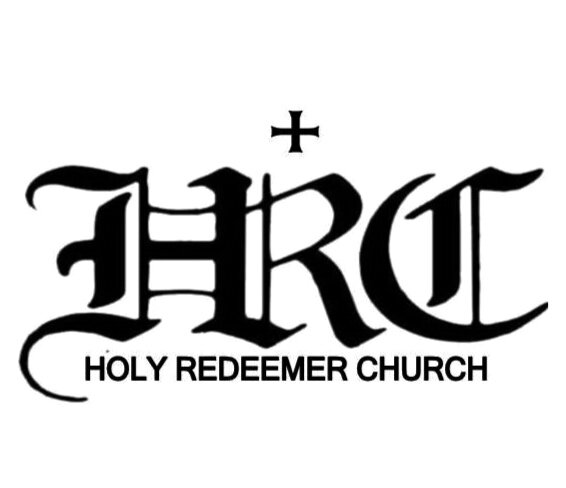Our Words and Actions tell who we are
march 2, 2025 | 8th Sunday in ordinary time, Year C
Sirach 27:4-7; Psalm 92; 1 Corinthians 15:54-58; Luke 6:39-45
On the 8th Sunday in Ordinary Time Year C, the readings remind us that our speeches, actions, and lifestyles determine the type of person or the type Christians that we are. Jesus in the Gospel reading tells us
“A good tree does not bear rotten fruit, nor does a rotten tree bear good fruit. For every tree is known by its own fruit. For people do not pick figs from thorn bushes, nor do they gather grapes from brambles. A good person out of the store of goodness in his heart produces good, but an evil person out of a store of evil produces evil; for from the fullness of the heart the mouth speaks.”
Examine your words and your actions?
Good people are known by their Good heart and actions
The Book of Sirach 27:4-7 teaches us that our words are the fruits of our goodness. The words we speak reveal our true selves. Good words reflect a good heart. Do we pay attention to how we speak to people and what we say to them?
“Just as a tree’s fruit shows its care, words show thoughts”.
This is to say, the heart of man is manifest in his behavior as God wants us to love him from our heart as seen in Isaiah 29:13.
“This people honor me with their lips but their hearts are far away”.
Do our words and actions reveal the heart of Jesus, his love and kindness? A life of love, kindness and mercy towards others is possible for those who have victory over sin and death through Jesus Christ our Lord as we heard in the second reading of this Sunday.
“Therefore, my beloved brothers and sisters, be firm, steadfast, always fully devoted to the work of the Lord, knowing that in the Lord your labor is not in vain.”
The true heart of a Disciple
In the conclusion of his sermon in the plain, Jesus brings out three aspects for establishing a true disciple, those whose words and actions are the true expression of their faith and Christ’s light for others. Jesus mentions them as follows: 1) A true disciple guides; 2) a True disciple imitates Jesus; 3) a true disciple bears good fruits. In fact, Jesus wants us on this Sunday first to address our own faults which often blind us. Before we correct others, let us clean our own hearts. In one of his Homilies, Pope Francis said: Sometimes, we use rigidness to cover our weaknesses, our personality, our flaws, and maybe to rank ourselves above others. Jesus invites us to our own conversion. 2) Jesus invites us to imitate Him. A true disciple must learn from Christ: how he prays, how he forgives, how sacrifices himself, how he healed the sick and loved everyone without discrimination. Are we living like Christ, our Master? 3) The true heart of Christ’s disciple bears visible fruits just as a good tree produces good fruits. Our behavior should be Christ-like. “A good tree does not bear rotten fruit, nor does a rotten tree bear good fruit. For every tree is known by its own fruit.” Luke 6:43-44. Let our words flow from hearts filled with grace, love and hope. Let’s our hearts be rooted in Christ so that we can bear good fruits and produce good behavior, speaking wisely with love and kindness!
Fr. Georges Roger BIDZOGO SAC
Living the gospel this week. I confess (The Confiteor Prayer)
As we are approaching the time of Lent and as we look at this Sunday’s Gospel inviting us to examine ourselves first, I thought to reflect with you this week on the Confiteor prayer. Jesus in today’s Gospel asked a very important question
“Why do you notice the splinter in your brother’s eye, but do not perceive the wooden beam in your own?”
This calls clearly for self-introspection. In the beginning of every Mass, the confiteor helps us to do such introspection and acknowledge our most grievous faults.
The Confiteor, also known as the “I Confess” prayer, is a part of the Penitential Rite in Mass. It reminds us of our own weaknesses and need for God’s mercy. The phrase “through my fault,” said three times, translates to “Mea culpa” in Latin, often used to admit mistakes. Reflecting on the 8th Sunday in Ordinary Time Year C, this prayer helps us acknowledge our sins before God and seek forgiveness.
Please pray with Psalm 51
Special intention for our Pope, Francis
Fr. Georges Roger BIDZOGO SAC




















